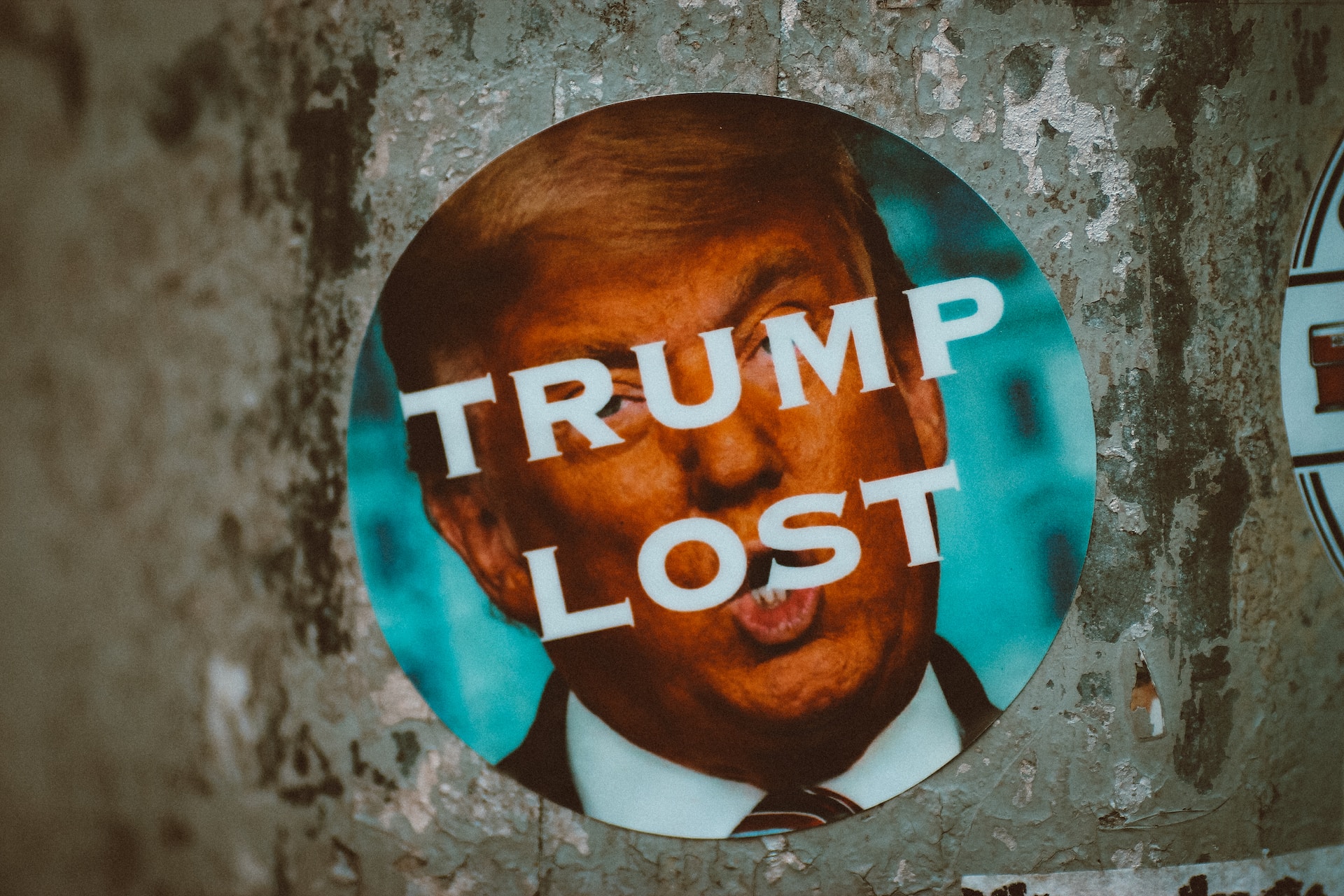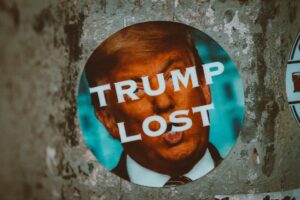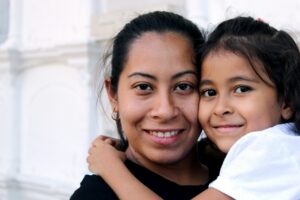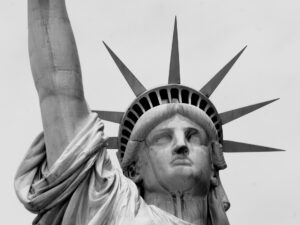
When you make purchases through our links we may earn a small commission.

Photo Credit: Jon Tyson
This article was republished with the implied consent from FactCheck.org, authored by Robert Farley on November 14, 2018
🇺🇸 Help us share the facts for only $1.99 a month 🇺🇸
🍻
Quick Take
Full Story
Amid a contentious Florida recount, Donald Trump Jr. tweeted a six-year-old, and outdated, story to suggest hundreds of thousands of noncitizens could have voted in the state. The story includes an update saying just 85 noncitizens were ultimately removed from the state’s voter rolls in 2012.
On Nov. 12, Trump Jr. tweeted the “Amazing, but not shocking at all anymore” headline from an NBC Miami story that said, “Nearly 200,000 Florida Voters May Not Be Citizens.” But an editor’s note posted to the top of the story before he tweeted about it made clear that the figure from state officials turned out to be deeply flawed.
Amazing, but not shocking at all anymore. Nearly 200,000 Florida Voters May Not Be Citizens https://t.co/8HiObPLeeM via @nbc6
— Donald Trump Jr. (@DonaldJTrumpJr) November 12, 2018
The story, written by the Associated Press, originates with an effort by Republican Gov. Rick Scott to direct state officials to search out noncitizens on Florida’s voter rolls, and to purge them prior to the 2012 elections. (Scott is now locked in a razor-close race to unseat Florida Democratic Sen. Bill Nelson.) Using a state database of driver’s licenses, the state initially came up with a list of about 180,000 names of people on the state’s voting rolls who might not be citizens. Noncitizens are not legally allowed to vote in federal elections.
That was the basis for the headline in the May 11, 2012, story posted on the NBC Miami website, “2012 Election: Nearly 200,000 Voters May Not Be Citizens.”
But readers of Trump Jr.’s tweet only need to click on the link he included to see the editor’s note explaining how that number turned out to be wildly off.
NBC Miami, Editor’s note on Nov. 12, 2018: This story was published in May 2012.
The initial list of 180,000 names was whittled to 2,625, according to the Florida Department of State. The state then checked a federal database and stated it found 207 noncitizens on the rolls (not necessarily voting but on the rolls). That list was sent to county election supervisors to check and it also turned out to contain errors. An Aug. 1, 2012, state elections document showed only 85 noncitizens were ultimately removed from the rolls out of a total of about 12 million voters at that time.
The original list from state officials was rife with errors. One major flaw: The driver’s license database didn’t include when legal residents later became citizens.
The list sparked a 2012 lawsuit. Two of the plaintiffs, Karla Arcia, a Nicaraguan immigrant, and Melande Antoine, who is a Haitian American, found themselves on the list even though both are naturalized citizens who were eligible to vote in the 2012 elections.
As the original NBC Miami story explains, the initial list of about 180,000 names was later reduced to about 2,600 (which turned out to include an American war veteran). That list was later pared to 207 when checked against a federal database. County elections supervisors found errors in that list too, and when PolitiFact Florida in 2013 asked the division of elections for data, it provided a list of just 85 “noncitizens” ultimately removed from voter rolls. (It was unclear how many of those people may have actually voted illegally.)
“It was sloppy, it was slapdash and it was inaccurate,” said Polk County Supervisor of Elections Lori Edwards in 2013 of the original list of 180,000 names. “They were sending us names of people to remove because they were born in Puerto Rico. It was disgusting.”
The Scott administration scrapped plans in 2014 to revive efforts to purge noncitizens from voter rolls.
“What we have seen from past efforts is that it has not been successful in identifying ineligible voters,” Deirdre Macnab, president of the Florida League of Voters, said at the time.
As we have written, President Donald Trump has repeatedly complained about widespread illegal voting by noncitizens, citing a disputed study and warning just prior to the 2016 president election that their votes could swing the outcome of his race. The president has cited research by Old Dominion University Professors Jesse Richman and David Earnest, who extrapolated data from a national election survey in which some people self-identified as noncitizens, but indicated that they voted. They estimated somewhere between 38,000 and 2.8 million noncitizens voted illegally in 2008.
But as we wrote, that study has been strongly challenged by other academics, including the managers of the database from which the study drew. Stephen Ansolabehere of Harvard and the principal investigator of the voter database told us the findings about noncitizen voters were likely “entirely due to measurement error” — people who accidentally check the wrong box in surveys. The Washington Post‘s “Monkey Cage” blog, which published an article by the Old Dominion professors about their research, later linked to three rebuttals of it.
The Old Dominion research was highlighted by Republican Kris Kobach — the Kansas secretary of state who recently lost a race to be the state’s governor — in a federal court case in Kansas City earlier this year that sought to prove rampant illegal voting by noncitizens. According to an in-depth Pro Publica story on the trial, the judge in the case, Julie Robinson, called the conclusions of the study “confusing, inconsistent and methodologically flawed.” Robinson found “no credible evidence that a substantial number of noncitizens registered to vote” in Kansas.
Trump tapped Kobach to be vice chairman of the since-disbanded Presidential Advisory Commission on Election Integrity — which was to examine “fraudulent voting,” among other issues. The commission was dissolved just months after it was created, and there has been no evidence to date of widespread fraud.
To be sure, there have been some cases of noncitizens voting illegally. As we wrotepreviously, a 2015 report from the conservative Heritage Foundation documented fewer than a dozen individual cases of noncitizens convicted of registering or actually voting since 2000. And in Texas, a city councilwoman, was sentenced in 2007 to five years in prison for registering noncitizens to vote.
But such cases are rare, experts told us. Sarah Pierce, an associate policy analyst with the Migration Policy Institute, said there’s very little evidence of it, in part because the disincentives are enormous. It is illegal for an unauthorized immigrant to vote, and it is a deportable offense that makes a person permanently inadmissible for return to the U.S., she said.
Editor’s note: FactCheck.org is one of several organizations working with Facebook to debunk misinformation shared on social media. Our previous stories can be found here. Facebook has no control over our editorial content.
You’ll get more articles like this – and our favorite promotional offers delivered straight to your inbox.
By submitting this form you agree to our terms and conditions. You can unsubscribe at any time.


Trump Repeats Many Claims in Fox News Town Hall

Unraveling Misinformation About Bipartisan Immigration Bill


Video: Lily Alcott SKIMS VS. AMAZON TRY-ON HAUL

Video: Scarlett Blahyj SHEIN TRY ON HAUL (HOLIDAY OUTFITS)

Video: Valentine’s Day Lingerie Try On | Valentina Victoria

Video: Rae Fitness MARIEMUR Bold Luxury Looks Try-On Haul

Sorting Out the Partisan Tax Spin on Inflation Reduction Act

Trump Wrong on U.S. Agriculture Exports to China

Trump Exaggerates China Trade Impact on Farmers

Unraveling Misinformation About Bipartisan Immigration Bill

GFYG: Sexy CORSETS That Your Girl Will Love


GFYG: FashionNova New Year 2024 Haul! ♡ | Raven Wood Try-On

GFYG: MarieMur – Sexy Lingerie Try On Haul!

Unpacking Ad Hominem Attacks: A Look at Trump’s Political Rhetoric

GFYG: SPICY 🌶️ HALLOWEEN COSTUME TRY-ON HAUL 🔥 W CELINA SMITH

Sorting Out the Partisan Tax Spin on Inflation Reduction Act














